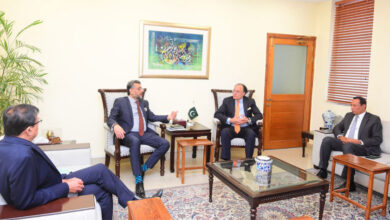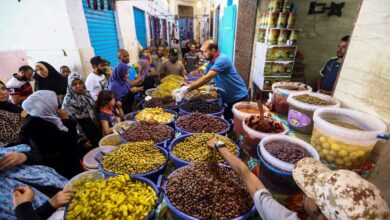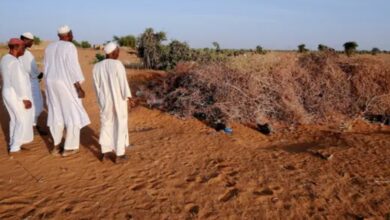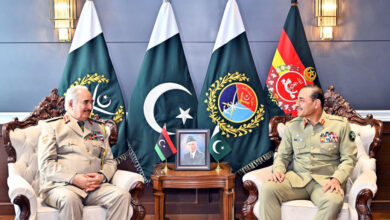سلايدر
?Is Kerala fertile ground for terror groups like Islamic State
Not long ago, a Malayali Muslim boy living in Qatar with his parents was sent to Paris for further training after he showed promise in athletics. The Qatar sports ministry, foreseeing a bright future for him, sponsored his education and training. But on his return his parents were shocked to find their 19-year-old son completely changed. While in Paris, his exposure to Islam from online sources led him to extreme spirituality. The budding champion’s “spiritual realisation” that sports was a means to maintain a healthy life, and not a source of livelihood, forced him to stay away from such “unholy” activities. Things got worse once the family returned to Kerala: He could not pursue his studies as a majority of the schools were mixed and he considered the traditional institutions for religious education “deviant”.
This is not the story of just one young person. Investigations into the disappearance of 21 youth from northern Kerala in June have shed light on the problem of ‘Online Islam’. News and views are also being bandied about on Kerala being a safe haven of Islamic State (IS) or a fertile ground for terrorism, especially after the arrest of six persons with alleged IS links on October 3.
Is Kerala a breeding ground of terrorists? Is there a conducive environment in the state that helps IS operatives recruit members? If there is, how did that situation come about? How did religious movements, political parties and the government not realise that there was a problem? Only a realistic approach to these questions, not motivated by religious and political self-interests, can lead us to the right answers.
The Islamic State is a terrorist movement with political and statist ambitions as its name suggests. It has unleashed cruelties and destruction unheard of in contemporary history. The hit-list which appeared in their journal ‘Dabiq’ includes the names of Muslim scholars and organisational heads. This shows that the principal enemy of the movement is mainstream Islam.
The Islamic State spread its ideology in Kerala through its Malayalam blog Muhajiroon and Facebook pages under the names ‘Ashabul Haqq’ and ‘Sameer Ali’. Most of the posts uploaded in these forums focus on intra-Islamic debates and the binary between the believer and the non-believer. Most of the discussions follow the pattern of popular debates among Muslim movements supporting or opposing various theological positions. Muslim organisations in Kerala have always had a penchant for such hair-splitting and argumentative clashes. It usually takes the line that all those who do not belong to us become “the other” and whatever belongs to us becomes the true face of Islam — everything else becomes fabricated.
More than 50 journals published by such movements try to prove the genuineness of their view of Islam, while branding the other as “un-Islamic”. Organisations like IS and al-Qaeda are prone to ‘takfir’ or keeping other groups out of the fold of Islam and wiping them out. In Kerala ‘takfir’ or ‘murtadd’ are not unheard of, but attacking or wiping out “the other” is.
These factional debates coupled with financial interests led to many implosions and sub-groupings within existing organisations. This narrow-minded organisational extremism strengthened in the 1970s with a wave of migration to West Asia. This saw not only an increase in remittances but also new Islamist thoughts being imported from the Gulf. Factional debates, sub-groupings, expat money and ideology affected the Salafi groups more than others, causing schisms and implosions within these organisations.
These intra-factional implosions within the Salafi movements that once held aloft the banner of the Muslim Renaissance caused many middle-class youngsters in Kerala to feel ideologically impoverished and disillusioned, leading them to turn towards extreme spirituality. This along with ritualism made these youth deviate from mainstream Islam and forced them to migrate to a more “genuine” Islamic environment — according to them, the existing Islamic environment is polluted by co-education, music, movies, liquor and many other things.
The theology of these puritan Muslim youngsters is radically different from the way Islam has been traditionally practised in Kerala. Their indifference to normal life is borne out by many of them discontinuing formal education. It is this distancing and alienation from society and existing religious practices that has led a small minority to identify with IS — and even prompt some to go and fight for its cause.





